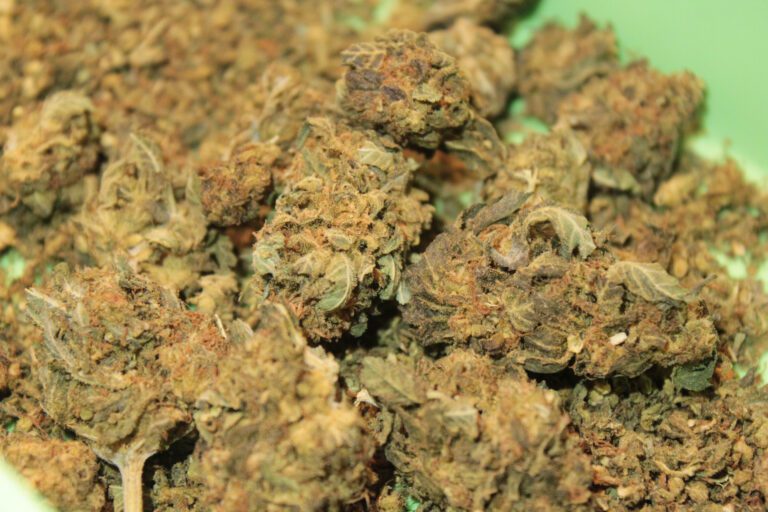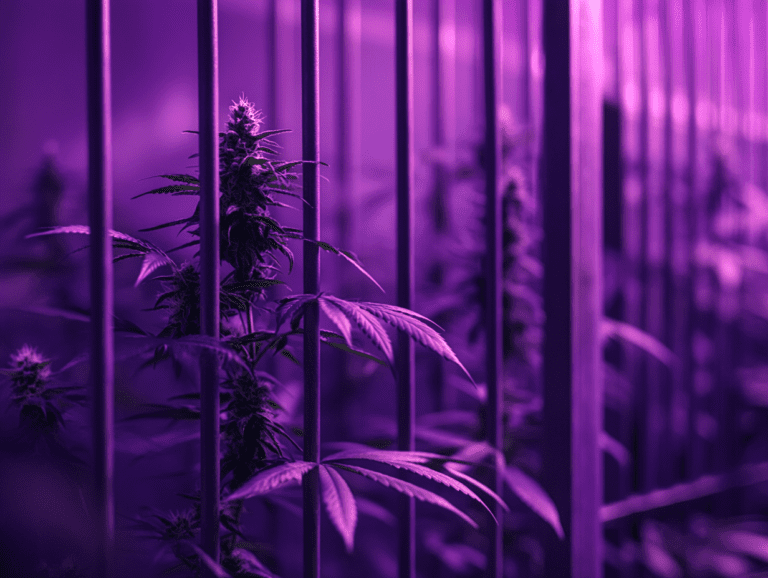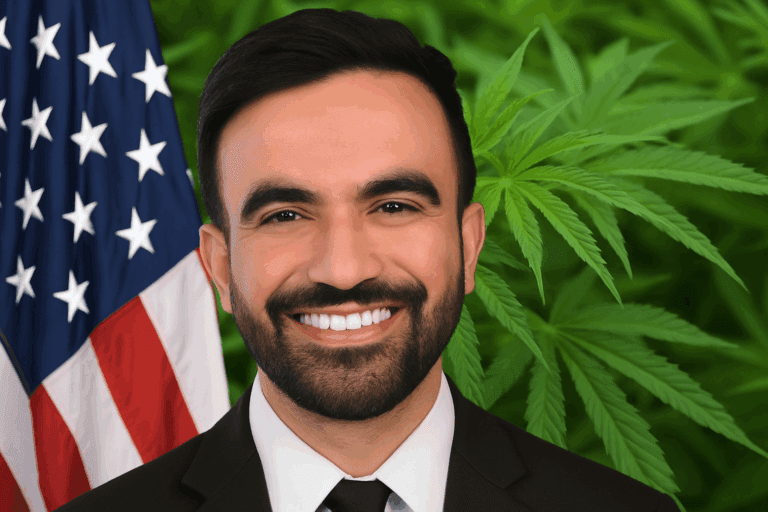Texas THC Ban 2025: What It Means for Consumers and Retailers

Key Takeaways
-
Texas is banning all THC products—including delta-8, vapes, gummies, and infused drinks—starting September 1, 2025, under Senate Bill 3.
-
Possessing, selling, or manufacturing these products will carry criminal penalties, with repeat offenses punishable by fines and potential jail time.
-
Only cannabinoids like CBD and CBG will remain legal but must be registered with the state by 2026.
-
The law is expected to severely impact Texas’ $8 billion hemp industry, putting thousands of jobs and small businesses at risk.
-
Critics warn the ban could drive consumers to unregulated markets, while legal challenges may delay or alter implementation.
Texas is on the brink of a major legal shift that would make nearly all cannabis products illegal across the state. Under Senate Bill 3 (SB 3), lawmakers aim to ban the sale, manufacture, possession, and delivery of any consumable hemp product that contains psychoactive cannabinoids—such as delta-8 THC, delta-9 THC, and other synthetic or semi-synthetic variants.
The legislation has passed both chambers of the Texas Legislature and now awaits final procedural steps before heading to Governor Greg Abbott, who has yet to signal his position publicly. If signed, the law would go into effect September 1, 2025.
What Products Are Banned?
The law defines consumable hemp products broadly, including any item classified as a food, drug, device, or cosmetic containing hemp-derived cannabinoids. That means a wide range of products would be prohibited, such as:
-
THC-infused gummies, beverages, vapes, oils, and capsules
-
Topical creams or ointments containing psychoactive cannabinoids
-
Hemp flower marketed for smoking and containing THC derivatives
Non-psychoactive compounds like CBD (cannabidiol) and CBG (cannabigerol) will remain legal but will become subject to mandatory state registration starting January 1, 2026.
Why Is Texas Enacting This Ban?
Supporters of SB 3, including Lt. Gov. Dan Patrick, argue the legislation is necessary to close a loophole in the state’s hemp laws. When Texas legalized hemp in 2019 following the 2018 federal Farm Bill, lawmakers failed to anticipate the emergence of psychoactive THC analogs like delta-8 and delta-10.
Proponents claim that:
-
Hemp products pose public health risks
-
Many of these products are unregulated and potentially unsafe
-
Existing laws allow these products to be sold without proper oversight, even to minors
However, critics argue that this approach represents overreach and could have severe economic consequences while doing little to protect consumers.
Who Will Be Affected?
Consumers
-
Anyone not enrolled in Texas’ limited medical cannabis program will lose access to all THC products.
-
Thousands of Texans who currently use delta-8 and other legal THC products for anxiety, pain, sleep, or recreation will no longer be able to purchase them legally.
-
Possession of banned products after the effective date will be considered a Class C misdemeanor, punishable by a fine of up to $500 for first-time offenders.
Businesses
-
Over 8,000 licensed hemp retailers across Texas stand to lose a significant portion of their product lines.
-
The ban threatens approximately 50,000 jobs and could disrupt an industry estimated to generate $8 billion in tax revenue annually.
-
All producers and retailers of consumable hemp products containing only CBD or CBG will be required to register with the state by January 1, 2026, or face felony charges.
Farmers
-
Farmers face uncertainty, as removing all traces of THC from hemp is nearly impossible with current agricultural technology.
-
Even hemp grown for non-consumable purposes, such as textiles or paper, may contain trace THC levels that could fall afoul of the law.
What Are the Legal Consequences?
SB 3 significantly increases penalties related to consumable hemp products containing THC:
-
Possession of banned THC products (first offense):
-
Class C misdemeanor
-
Fine up to $500
-
Option for expungement through community service and substance misuse education
-
-
Repeat possession offenses:
-
Class B or A misdemeanor
-
Up to 180 days in jail
-
Fine up to $2,000
-
No eligibility for deferred adjudication
-
-
Sales and distribution:
-
Selling to minors or marketing to youth: Class A misdemeanor
-
Manufacturing or selling near schools: Class B misdemeanor
-
Selling or producing without a license or for smoking purposes: Third-degree felony (2 to 10 years in prison)
-
What About Products People Already Have?
The legislation does not mandate disposal or amnesty for current product owners. However, beginning September 1, 2025, possession of banned THC products could result in criminal charges. Retailers and consumers are urged to plan for disposal or use before that date.
Can Texans Still Access Medical Cannabis?
Yes, but access remains severely limited. Texans must be diagnosed with a qualifying condition and receive a prescription from a doctor registered in the Compassionate Use Program. Approved conditions include:
-
ALS
-
Autism
-
Cancer
-
Epilepsy and seizure disorders
-
Multiple sclerosis
-
PTSD
-
Spasticity
-
Certain neurodegenerative diseases
A separate bill under consideration would expand access to patients with chronic pain, Crohn’s disease, or those receiving palliative care. It would also increase the number of licensed dispensaries, currently only three statewide.
What Happens Next?
-
The bill awaits Governor Abbott’s approval, though legal challenges are likely.
-
If implemented, the law goes into effect September 1, 2025.
-
Registration requirements for CBD and CBG sellers begin January 1, 2026.
-
Lawsuits may delay enforcement if judges issue injunctions or restraining orders against the state.








Leave the medicine alone. I tried the “american” way and went to doctor after doctor. Their legal synthetic products didn’t work. I believed all the lies about how horrible the natural plant was. Now I use all kinds of herbs and other forms of medicine that actually work. Marijuana is a medicine that was created for us. That is why God gave us a system so our body can use this medicine properly. It can be abused just like any pill you can get from a pharmacy. But if used the right way it can allow us to overcome all kinds of problems that allow us to be able to work like normal. I got electrocuted and really messed up. I can go from barely walking to just about fully functional in a matter of minutes. This is the only way I can keep doing construction work.